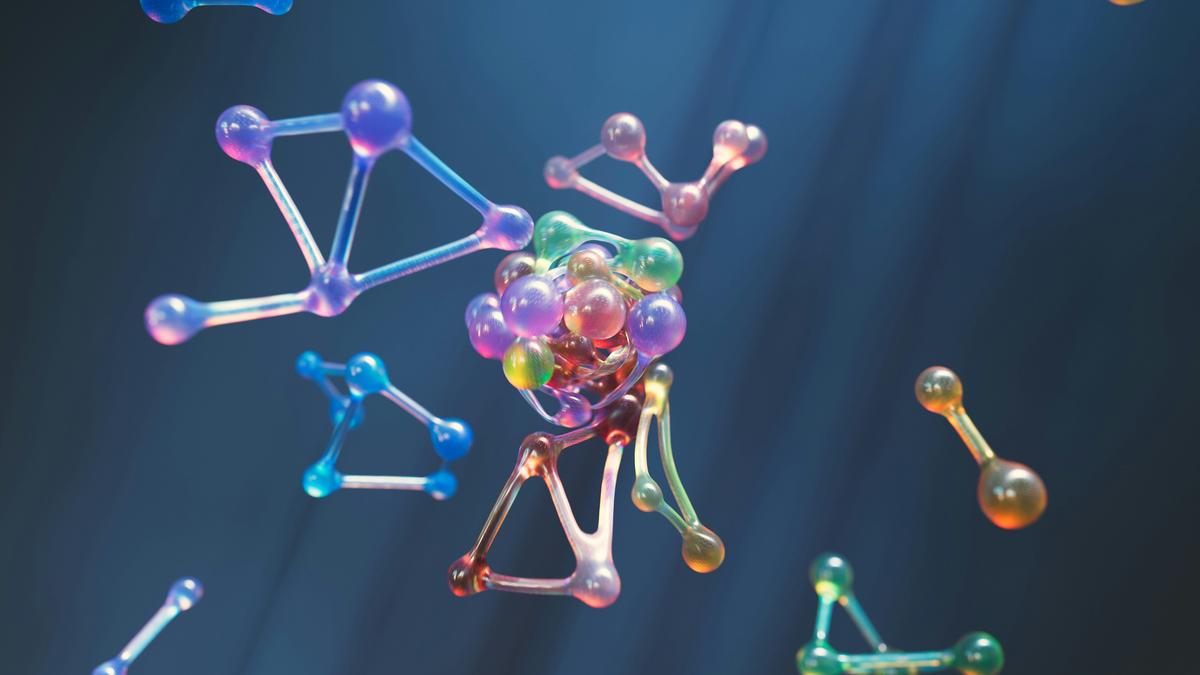
When AI changes the way we do science, will we understand the results? Premium
The Hindu
AI's transformative potential in science is celebrated, but concerns about bias, trust, and societal impact must be addressed.
Artificial intelligence (AI) has taken centre stage in basic science. The five winners of the 2024 Nobel Prizes in chemistry and physics shared a common thread: AI.
Indeed, many scientists – including the Nobel committees – are celebrating AI as a force for transforming science.
As one of the laureates put it, AI’s potential for accelerating scientific discovery makes it “one of the most transformative technologies in human history”. But what will this transformation really mean for science?
AI promises to help scientists do more, faster, with less money. But it brings a host of new concerns, too – and if scientists rush ahead with AI adoption they risk transforming science into something that escapes public understanding and trust, and fails to meet the needs of society.
Experts have already identified at least three illusions that can ensnare researchers using AI.
The first is the “illusion of explanatory depth”. Just because an AI model excels at predicting a phenomenon — like AlphaFold, which won the Nobel Prize in Chemistry for its predictions of protein structures — that doesn’t mean it can accurately explain it. Research in neuroscience has already shown that AI models designed for optimised prediction can lead to misleading conclusions about the underlying neurobiological mechanisms.
Second is the “illusion of exploratory breadth”. Scientists might think they are investigating all testable hypotheses in their exploratory research, when in fact they are only looking at a limited set of hypotheses that can be tested using AI.

Podcasts have become our best friends, especially during the Covid-19 pandemic. Whether you are cooking, sketching or going on an evening walk, there is a show that matches your mood. From horror tales to informative conversations to just two friends talking about anything & everything relatable, podcasts have become a part of our lives unknowingly. Over the years, more voices have joined this audio landscape and filled it with stories that resonate with our lives. Podcasts serve as a reminder that everyone has a story worth telling and listening to!










